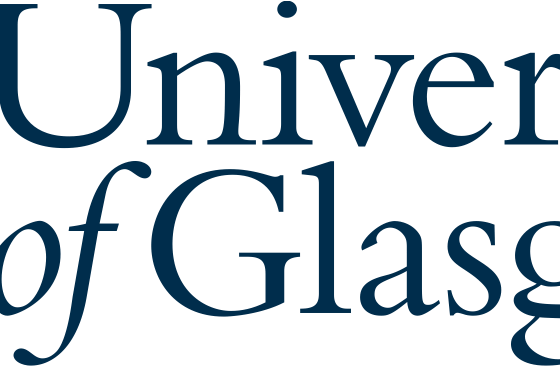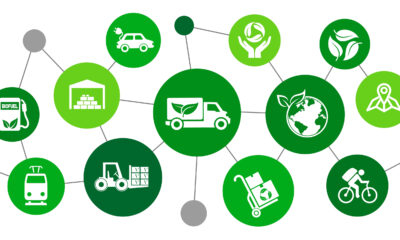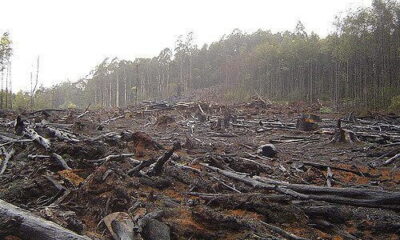

Energy
University of Glasgow Commits to Clearing Supply Chains of Conflict Minerals
Student campaigners have celebrated action taken by the University of Glasgow to address human rights abuses in its ethical procurement policy. They say that the new Supply Chain Code of Conduct will help to stamp out serious rights violations and so-called ‘conflict minerals’ from the University’s electronics suppliers.
The term ‘conflict minerals’ refers to a number of raw materials used in the production of the vast majority of electronic equipment, such as computers and mobile phones. Many of these are extracted from mines in the Democratic Republic of Congo, and there have been widespread accusations that these mines are used to finance conflict in the region. Since the early 1990’s, more than five million people – the vast majority civilians – have been killed in the conflict.
In a statement released earlier this month, David Newall, the secretary of the University of Glasgow’s governing body, said that the University “recognised the issue of conflict minerals as a significant human rights concern” and confirmed that the University’s procurement policies would be used to “ensure ethical supply chains.”
As part of co-ordinated efforts on campuses across the UK and the USA, students had been campaigning to force the University to ensure that its supply chain was not funding human rights abuses and war, and have celebrated Glasgow University’s statement as a breakthrough for the campaign in the UK as the biggest University to yet commit to the campaign’s goals, and following the adoption of similar policies at the University of St. Andrews and University of Exeter.
Several Universities in the USA have already passed a resolution on conflict minerals.
Ruth Brown, a Campus Organizer for Enough Project’s ‘Conflict Free Campus Initiative’, said: “Students have fought long and hard to have the University acknowledge this important issue and give serious consideration to the numerous human rights abuses which are linked to the trade in conflict minerals including child labour, violence against women, working conditions which amount to modern slavery and the death of millions of civilians in countries like the DRC.”
“This statement helps to expose these atrocities, encourages action by other UK universities and, of course, puts pressure on companies to take the necessary steps towards certified ‘conflict-free’ electronics. The energy and ambition of Glasgow University students to drive change both locally and globally is incredible, and I hope other Universities around the country will follow suit.”
































